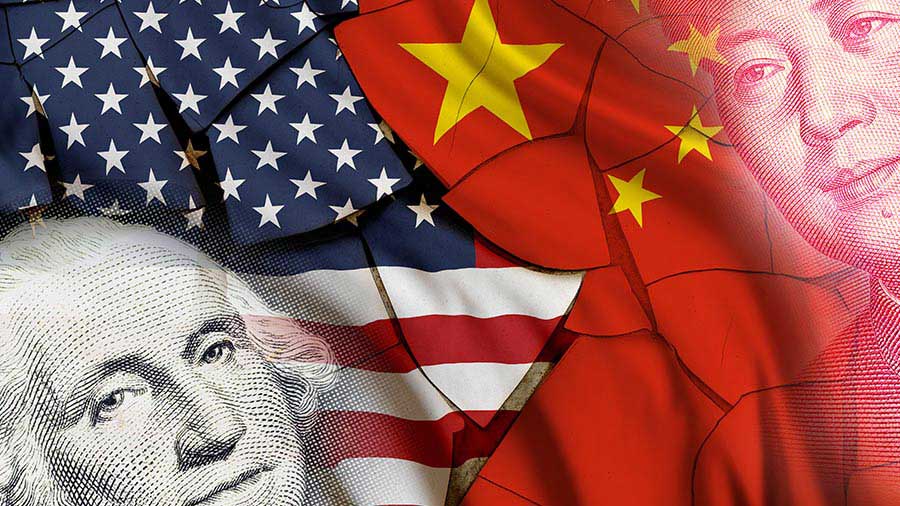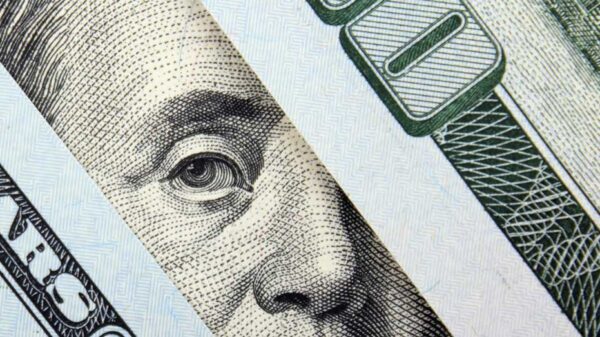As the U.S. presidential election unfolds, China is bracing for a pivotal week that could shape its economic strategies. Investors are keenly awaiting details on Beijing’s fiscal stimulus plans, expected to be unveiled soon after the election results.
Key Factors Influencing China’s Plans
China’s fiscal stimulus package is anticipated to vary in size depending on the election outcome. Analysts suggest a potential increase of 10-20% if Donald Trump wins, compared to a Kamala Harris victory. Despite the focus on external factors, many of China’s challenges remain domestic.
Economic Pressures and Trade Considerations
Trump has threatened significant tariff hikes on Chinese imports, which could strain China’s export-driven economy. In contrast, Harris is expected to maintain the current administration’s policies, which focus on limiting China’s access to advanced technology.
Domestic Stimulus and Economic Strategies
Analysts, like WisdomTree’s Liqian Ren, emphasize that the real determinant of stimulus scale will be the stock market’s reaction rather than the election outcome itself. China aims to bolster domestic demand, especially if faced with increased trade restrictions.
Fiscal Policies and Market Reactions
China’s leadership, under President Xi Jinping, has already indicated a desire to strengthen fiscal and monetary policy. While interest rates have been cut, the specifics of fiscal support remain under wraps. The Ministry of Finance has hinted at increasing the fiscal deficit, potentially exceeding 4 trillion yuan.
Challenges in Stimulus Implementation
Local governments, crucial to implementing fiscal policies, face financial constraints. Strict tax enforcement has hindered business activity, posing a challenge to effective stimulus deployment. Analysts note that much of the stimulus might bolster banks rather than directly support consumers.









